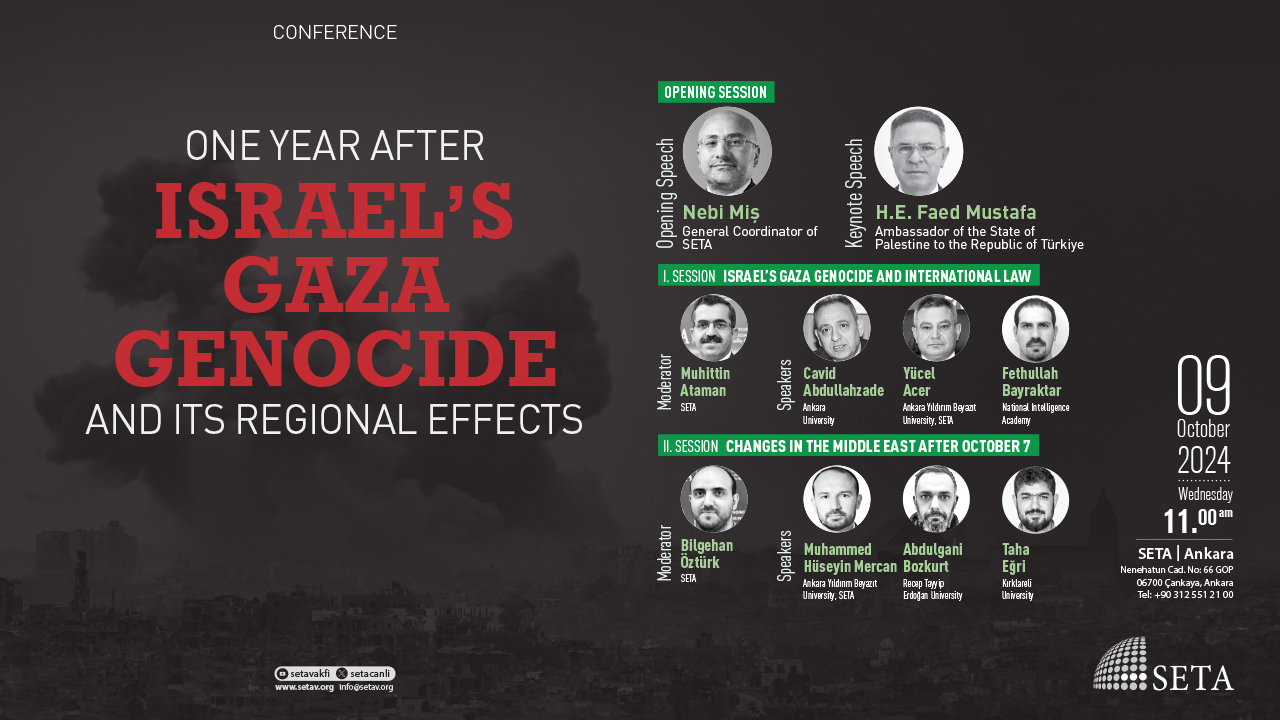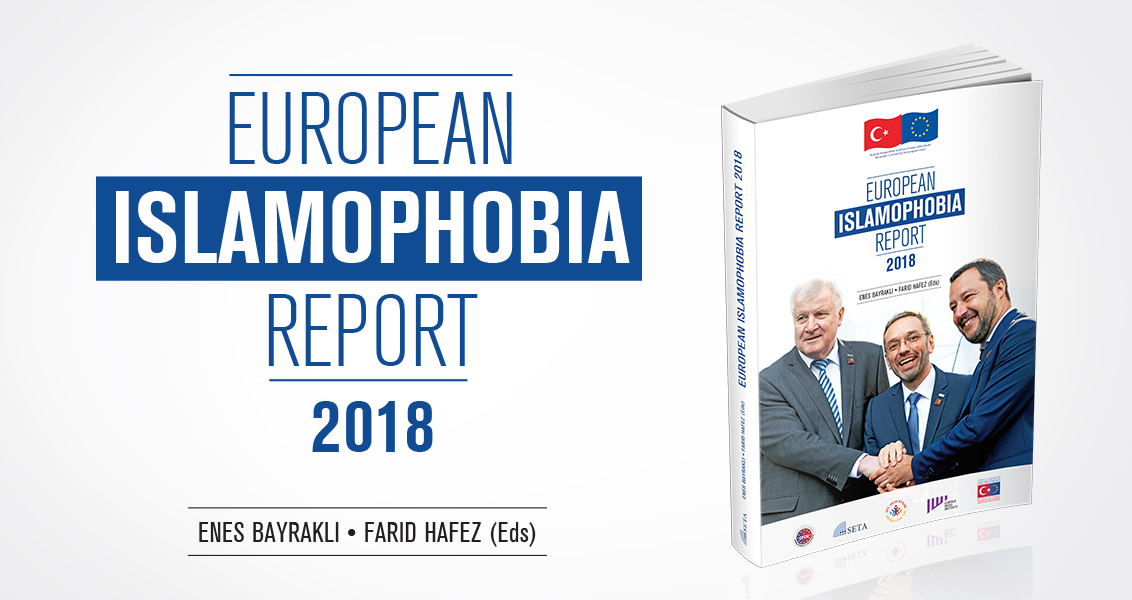Who talks about religion in Turkey? And how do they talk about it? We took up these two questions on the state-owned TRT 1 station last week.
There are no easy answers, because whether you're religious or not, religion is probably the single most difficult issue to discuss in Turkey.
One may study religion in Turkey as theology; this is what the divinity faculties in some 20 Turkish universities do. One may study religion as a social phenomenon. You would think this is what the sociology departments would be doing, but you're wrong. Despite excellent studies of the Islamic religious tradition, i.e., Quran, hadith, law, philosophy, etc., there are practically no serious studies of Islam as a social reality in Turkey. The so-called "folk religion" of the masses has hardly been of interest to Turkish social scientists. There is no subject matter as hotly debated as Islam in Turkey, and yet the state of scholarship on Islam as a sociological, cultural and political phenomenon is disappointing, to say the least.
One major exception to this is Şerif Mardin, but he was ostracized by some secularist circles for studying the role of religion in the formation of Turkish society and the modern republic. Mardin wrote about religion as one of the constitutive elements of Turkish modernization, going against the grain by claiming that there was no pure, religion-free Turkish modernization. While his writings on religion go back to the late '50s and '60s, his book on Said Nursi, which he published in 1990, led to another major rebuttal against him, eventually leading to his being boycotted for a second time by the Turkish Sciences Academy (TÜBA).
Besides serious scholarly work, there are also very few factual studies on Islam in Turkey. What do Turkish people believe in as religion? Where do they get their religious ideas? Who is the religious authority for them? How do they negotiate religious issues among themselves as well as with religious authorities including the Religious Affairs Directorate? Has Turkish religiosity changed over the years? How do religious conservatives deal with globalization? Is Turkey becoming more religious? Does "being religious" mean the same thing today as it meant 30 or 40 years ago? How about urban religiosity? How is it different from the religious identities of the periphery?
These and many other questions need answers, and you would expect that the social scientists would pick them up. Unfortunately, that's not the case. I will identify two reasons, among others, for this. First of all, the fathers of Turkish modernization had hoped for an ethno-secularist modernization where the social ideals of traditional Islam would have been supplanted by the ethnic genius of the Turks, the enviable qualities of Turkishness, the glory of Turkish history, etc. The political norms and institutions of traditional Islam and Ottoman political culture would have been replaced by the secular nation-state, its institutions of limited representation, a controlled democracy and a modern notion of citizenship. None of these plans worked as well as the founding fathers had hoped. The cracks produced by the failures of Jacobean Turkish modernization were filled by traditional Islamic-Ottoman norms on the one hand and an opportunist political elite on the other.
The second reason is that since the intellectual vanguards of Turkish modernization were supposed to be the new Turkish universities, they closed their doors to any study of religion except in divinity schools (and even that became possible only after the 1950s). The divinity schools studied Islam as law, as history, as dogma, but never as a living social reality. Plus, the divinity schools always remained the stepchild of the modern university system in Turkey. They lived happily in their religio-scholarly ghettos, giving very little to other disciplines and taking very little from them. The result is stunning: While the whole world is asking questions about religion and religiosity in Turkey, Turkish universities ha








